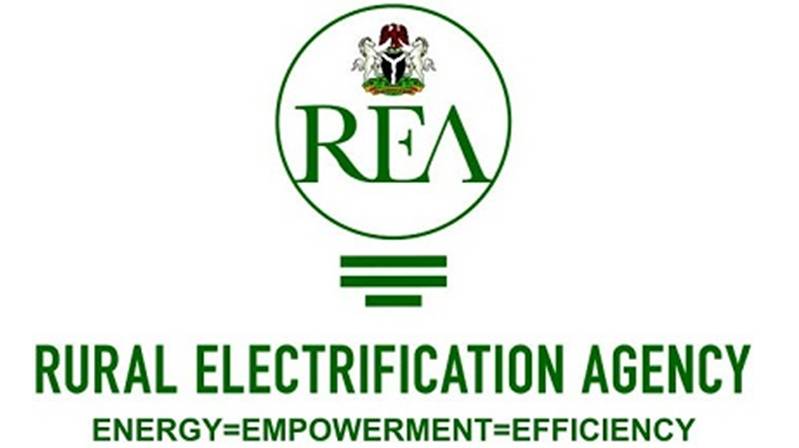
The companies operating in the renewables space with which the agency signed the deals were: Eauxwell Nigeria Limited, Skipper Nigeria Limited, Privida Energy, Havenhill Synergy Limited and Mercy Corps.
Eauxwell will collaborate on the delivery of up to 250mw of Distributed Renewable Energy (DRE) projects, with the purpose of electrifying peri-urban and rural communities, including markets, businesses, households, public institutions, health clinics and schools.
Also, the Skipper’s deal involved the supply, installation & commissioning of off grid, on grid & hybrid solar solutions up to 250mw, while Privida is expected to deliver about 200mw of DRE projects in both weak grid and off-grid areas. In addition, Havenhill Synergy Limited, inked a deal for 250mw of projects.
On its part, Mercy Corps, a global Non-governmental Organisation (NGO), will provide capacity building and strengthen the Rural Electricity Users Cooperative Society (REUCS) as well as provide technical assistance for the Africa Mini-grid Programme (AMP).
Speaking at the event, acting Managing Director of REA, Mr Abba Aliyu, said that the agency has set for itself a very ambitious target of ensuring that the renewables frontier is expanded in the country.
“We have a target of building 1,300 mini-grids across the country. And we are very deliberate in that we want to electrify 30 million Nigerians using isolated mini-grids, 1.5 million using interconnected mini-grids and about 15 million using Mesh grids and solar home systems. So this is a very tall order for us. And this is why we want to sign this MoUs,” he stated.
He explained that the partnerships were necessary to leverage and attract funding and investment to deploy as many mini-grids as possible to reach the utility scale capacity that the agency was hoping to see.
“ But beyond, that also we want this signing of the MoU to be the basis also for you to design and deploy an effective sustainability plan for all the capacities that you are managing.
“One of the challenges all the time as regards deploying and managing mini-grids is the sustainability of those projects. And that is why it’s always at the top of our agenda. The MoU is not restricted to the community-based mini-grids,” he stated.
He said that it was not just enough to announce the building of mini-grids, stating that it was time to begin to evaluate the number of megawatts taken to Nigerian homes.
“We want to start counting our achievements not based on the number of mini-grids that we have developed, but based on the megawatts. And that’s how ambitious we are,” Aliyu pointed out.
He stated that the aim was to create companies that would deploy and manage, utility-scale portfolio.
The REA MD added that rather than the concept of developers that will build mini-grids, there was the need for a business model change where the developers will see themselves as managers of large portfolio of capacities that they will deploy, manage and operate over a very long period of time.
“And we’ve immediately selected companies that have track records. So these MoUs, a number of companies have put in their request for us to sign these MoUs with them, but we declined. We specifically have our checklist,” he pointed out.
He stated that the main purpose of signing the MOU was to crystallise the drive to create the ecosystem of the renewable energy service company and move from just having developers that will come and build mini-grids and leave them.
Also speaking, the Executive Director, Corporate Services of the REA, AbdulRasheed Adegboyega, expressed the commitment of the agency to ensuring that the planned projects come to fruition.